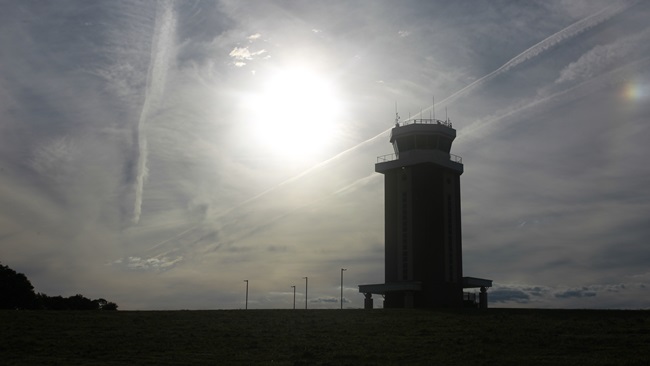General aviation defended against ‘loophole’ charge
Administration’s charges hurt industry already ‘cut in half’
A U.S. senator from Kansas and GA Caucus member voiced exasperation with the Obama administration for “seemingly endless attacks” on the aviation industry in public statements and proposals to reduce the federal deficit.
Senate Finance Committee member Pat Roberts (R-Kan.) said during a Feb. 13 hearing that he gets “a little bit hot under the collar” when he hears administration officials direct attacks at the largely Kansas-based industry that has already lost 50 percent of its workforce during difficult economic times.
Roberts defended the aircraft manufacturing industry and its “hardworking, largely unionized American workers” during a confirmation hearing for Jacob “Jack” Lew, who is President Barack Obama’s nominee to become secretary of the treasury, to replace Timothy Geithner. Lew is also Obama’s outgoing chief of staff.
“We're not talking about fat cat corporate jets, which has been used over and over and over again,” Roberts told Lew. “The general aviation industry has become the piñata or the target in regards to tax reform by this administration. And I am more than a little tired of it.”
Roberts’ home state of Kansas boasts more than 119,000 jobs that are supported by the GA industry, AOPA President Craig Fuller pointed out in an opinion piece published Feb. 19 in Politico saying that there’s “no tax loophole to close.”
“Senator Roberts has been a stalwart supporter of the general aviation industry,” said Lorraine Howerton, AOPA vice president of legislative affairs. “His passion for this industry and the jobs that it supports in Kansas and across the country are reflected in the thoughtfulness with which he raised the fair treatment of the GA industry with this nominee.”
Roberts challenged Lew to justify the administration’s targeting of the aviation industry—a position recently reiterated by an administration official with a comment reported by AOPA on Feb. 6 that changing the rules for depreciating business aircraft would close a “loophole” giving “tax advantages to the wealthy.”
Roberts said the proposed change would be insignificant as a way to raise revenue, while having other consequences.
“The estimates I have seen allege this will raise $200 [million] to $300 million a year. But it does not take into account the loss in tax revenue and jobs that will result from this change,” Roberts said.
“Now if you take into consideration the list of the projections of the federal deficit for this year, which could end up being $1 trillion, $850 billion to $1 trillion, the changes that you have proposed would reduce the fiscal year 2013 deficit by about 2 millionths of a percent.
“Now based on this calculation, I think you can understand why someone like me gets a little bit hot under the collar, who has seen our general aviation manufacturers in my state already lose 50 percent of their workforce during very difficult times, and why we would object to the seemingly unending attacks this administration continues to direct at the essential aviation industry, i.e., general aviation.”
If the administration continues “attacking these hardworking, largely unionized American workers, which as we can show has had a direct negative impact of sales, will we even have a U.S. general aviation manufacturing base in the next 10 years, or are we going to be flying Brazil or French?” he asked.
Lew responded that the policies under discussion “were to try to create a more fair tax code and it was not aimed at trying to do any damage to the general aviation industry. I think a number of the kinds of aircraft that you're describing would not be covered by the policy that we proposed, and I would look forward, if confirmed, to working with you to understanding if, in fact, that's not the case.”
Roberts pursued his objection to the administration’s “convenient” targeting of general aviation, telling Lew that “we have a sales force out there that's already been cut in half, as I've indicated. We have good workers. We produce excellent product. If we make this change, we're going to be hurt.”
Lew defended the tax goals, but gave a conciliatory response: “The objective of the policy was not to hurt the general aviation industry. It was to look at what was an inequity in the tax code that the users of the jets had preferential tax treatment, regardless of whether they bought U.S.- or foreign-made aircraft.
“If it has an effect that I'm not aware of that's disproportionate, I would look forward to working with you on it,” he said.
“Good,” replied Roberts, who posted a news release about the exchange on his Senate website.


